Argentina: Abusive Covid-19 Measures in Northern Province
Unsanitary Conditions in Formosa; Isolation, Quarantine Centers; Free Speech Restrictions
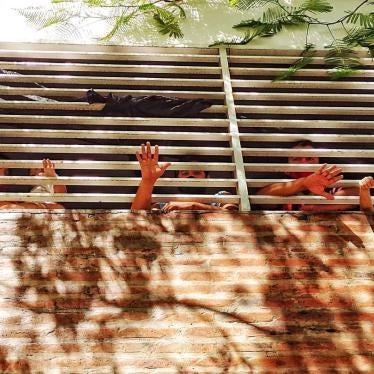
A political crisis fueled by longstanding economic problems and polarization has created a challenging environment for human rights progress in Argentina. Authorities have used hostile rhetoric against the judiciary and the independent press and promoted measures that threaten judicial independence. Congress has failed, for years, to appoint the Ombudsperson and the Attorney General. Argentina continues to make progress protecting lesbian, gay, bisexual, and transgender (LGBT) rights and women’s access to abortion, and prosecuting officials for abuses committed during the country’s latest dictatorship (1976-1983). Poor prison conditions and endemic violence against women remain serious concerns.

Unsanitary Conditions in Formosa; Isolation, Quarantine Centers; Free Speech Restrictions

Allow Access to Independent Forensic Experts

The Human Cost of Barriers to Sexual and Reproductive Rights in Argentina
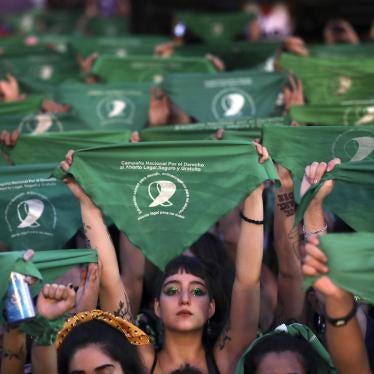
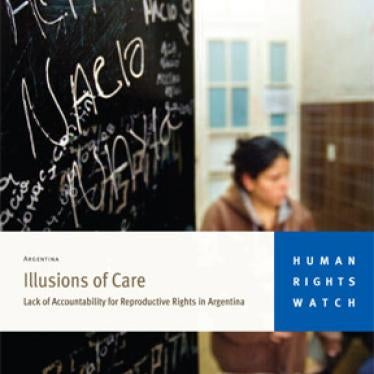
Bypassing Congress Would Threaten Judicial Independence

Case Studies Illustrate Harms from Austerity and Means-Testing Worldwide

To Protect Rule of Law, Seek Integrity, Competence, Diversity Among Candidates
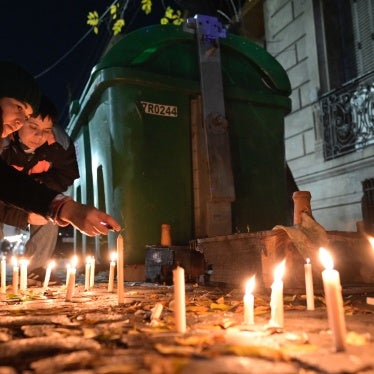
Milei Administration Should Strengthen Investigative Capacity, Fight Corruption
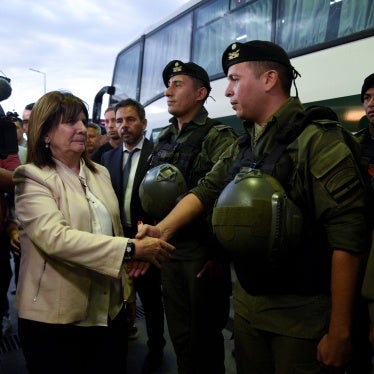
Freedom of Expression Key to Demanding Rights
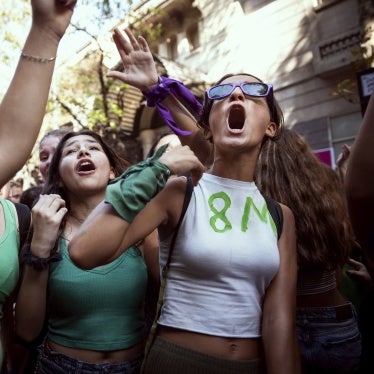
Priorities for the UN Human Rights Council 52nd session
Inter-American Court’s Recognition of Abuse During Pregnancy, Childbirth a Landmark First
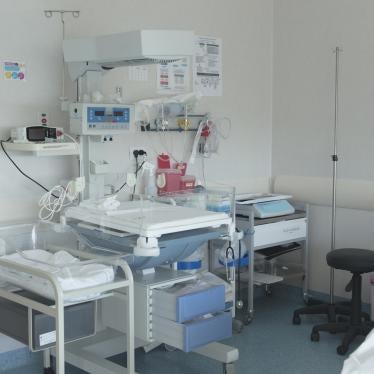
94th Pre-Session